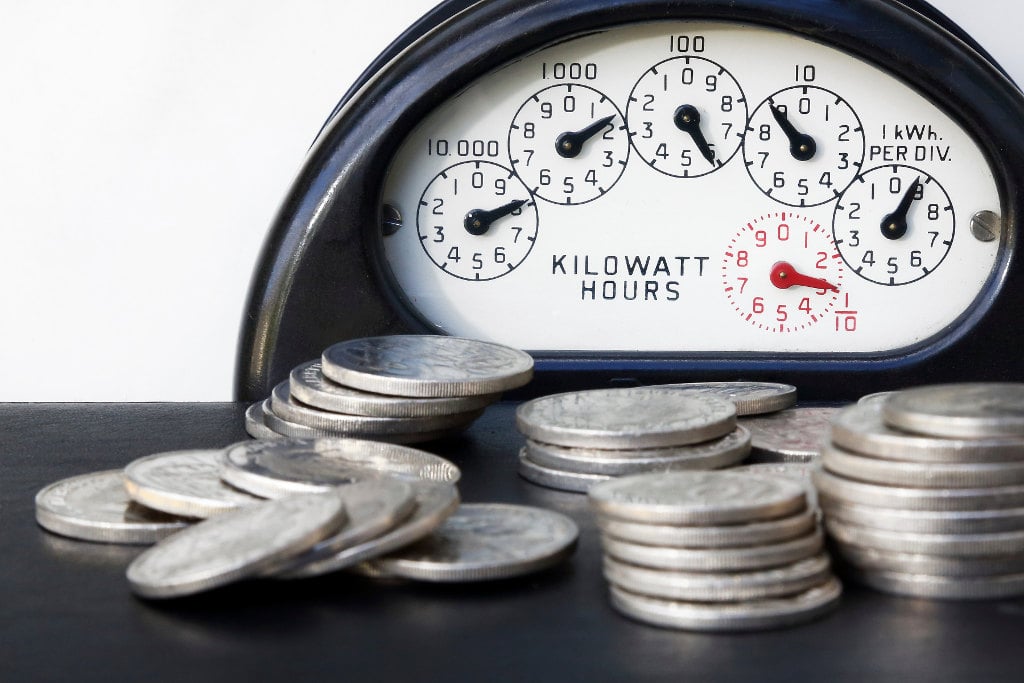Independent charity organisation Citizens Advice has warned that more than two million people will be cut off from their electricity and gas supply because top-ups are unaffordable.
New research from the charity reveals that, in 2023, 1.7 million people disconnected at least once a month and 800,000 people went more than 24 hours without gas or electricity.
The research also suggests that one in four people cannot afford their essential bills and one in ten households has had to borrow money in the past six months to cover their energy bills.
Moreover, almost three million people live in households where they have skipped meals, cut back on food spending, or sold or pawned possessions in the last year to save money to keep their meter topped up.
The analysis also touches on energy debt, revealing that 5.3 million people currently live in households in debt to their suppliers.
Half (49%) of those in debt to their energy supplier have turned off the heating in their homes because of owing the supplier money for pre-existing bills.
On a national level, energy debt has hit a record £2.9 billion as households struggle to make ends meet and pay their essential bills.
Citizens Advice’s research goes on to delve into the specific challenges met by households with children under four, which are reportedly twice as likely to be in debt and be forced to disconnect from their gas and electricity than those without children.
Half of prepayment meter users with children under four disconnected in the past year because they could not afford to top up, compared to a quarter (23%) of people with no children.
The charity organisation is calling for urgent reform to the Warm Homes Discount scheme, which it argues has failed to keep up with rising prices, as well as suggesting the UK government work with Ofgem on a joint action plan regarding energy debt.
Clare Moriarty, chief executive of Citizens Advice, said: “Our frontline advisers are helping more people than ever who can’t pay their energy bill. Record numbers are in debt to their supplier and millions with a prepayment meter are too often going without heating and hot meals because they can’t afford to top up.
“The government has not provided new energy bill support for those in need and has run out of time to develop the long-term approach it promised by April 2024. Without immediate action, we risk re-running this same crisis every winter.”
UK government action and inaction
So far in 2024, the UK government has already launched energy bill saving schemes, such as the investment of £16 million across 12 projects that aim to reduce electricity bills with cleaner and smarter energy.
This includes fronting the cost of solar panel and heat pump installations, as well as setting up UK households with “green mortgages”.
The government has also urged residents to check their eligibility for the aforementioned Warm Homes Discount scheme as part of ‘Big Energy Savings Week’. Over three million households are eligible and most of them would receive automatic energy bill support.
However, the extent of this support comes to £150 per household which, according to Citizens Advice, would not suffice as beneficial financial aid.
The charity organisation’s findings are further supported by research from the National Energy Association (NEA) in November 2023. The group found that 6.5 million UK households would be in fuel poverty when the energy price cap came into force in January 2024.
It is also important to note that Ofgem revealed in December 2023 that energy debt had reached record levels at £3 billion, resulting in the regulator proposing a one-off price cap adjustment of £16 for the Q2 price cap to protect consumers from the “growing risk” of ‘bad debt’.





